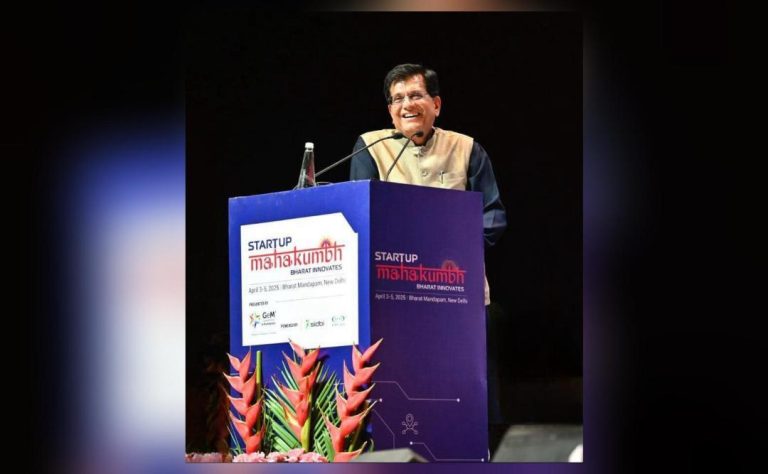
Indian Tortured, Given Electric Shocks After Being Trafficked to Myanmar; Wife Seeks Help
Human trafficking is a heinous crime that affects millions of people around the world, leaving them with physical and emotional scars that can last a lifetime. The victims of trafficking are often subjected to unimaginable torture, abuse, and exploitation, and it is a constant struggle for them to reclaim their lives and seek justice. In a shocking case that highlights the gravity of human trafficking, a Hyderabad woman has sought the government’s help to rescue her husband, who was trafficked to Myanmar from Dubai on the pretext of a job.
Shaik Ashraf, a 30-year-old man from Hyderabad, was lured to Dubai by job recruiters who promised him a lucrative job. However, once he arrived in Dubai, he was told to engage in internet scams, which he refused to do. This led to his captors subjecting him to physical torture, including electric shocks, and he was forced to work for them against his will. Ashraf was later trafficked to Myanmar, where he was imprisoned and subjected to further abuse.
Ashraf’s wife, who wishes to remain anonymous, has been fighting to get her husband back and has approached the Ministry of External Affairs (MEA) for help. She has been in constant touch with the MEA, but so far, there has been no breakthrough in the case. In an interview with News18, the wife said, “My husband was in Dubai on a job, but he was trafficked to Myanmar. He was forced to work in an internet scam and was given electric shocks when he refused. He was later released after I sent money to his captors, but he was arrested in Thailand.”
The wife’s ordeal began when she received a call from her husband, saying that he was in trouble and needed her help. She was told that he had been arrested in Myanmar and was being held in a prison. She immediately contacted the MEA and reported the incident, but the officials told her that they could not help her as it was a criminal matter.
Undeterred, the wife decided to take matters into her own hands and started making arrangements to send money to her husband’s captors. She managed to send Rs 1.5 lakh to them, and Ashraf was released from prison. However, his troubles did not end there. He was arrested by the Thai authorities when he entered Thailand, and he has been in prison there for the past few months.
The wife has been fighting to get her husband back and has been in constant touch with the MEA. She has also been in touch with the Indian Embassy in Myanmar and Thailand, but so far, there has been no breakthrough in the case. In an interview with News18, she said, “I have been fighting to get my husband back for months, but it seems like no one is taking my complaint seriously. I have been in touch with the MEA, the Indian Embassy, and the police, but no one has been able to help me.”
The case highlights the lack of effective measures to prevent human trafficking and the need for greater cooperation between governments to combat this crime. It also underscores the importance of protecting the rights of victims and ensuring that they receive the support and assistance they need to rebuild their lives.
In conclusion, the case of Shaik Ashraf is a stark reminder of the horrors of human trafficking and the need for greater action to prevent this crime. It is imperative that governments and civil society organizations work together to combat human trafficking and protect the rights of victims. The wife’s determination to get her husband back is a testament to the strength and resilience of the human spirit, and it is our duty to support her and ensure that justice is served.
Source:






